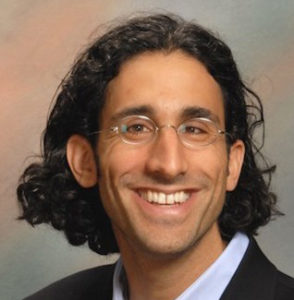Religion and the Russian-Ukrainian Conflict
Dr. Dmytro Vovk discusses the religious dimension of the Russian-Ukrainian conflict including the influence of religion on the conflict, threats to religious freedom in the territories affected by the conflict and church-state relations in Ukraine in the context of the conflict.
0:08 Religious context of the conflict
5:45 The Conflict and Russian Orthodox Christianity in Ukraine
8:15 Religious Freedom in Donbas and Crimea
15:41 Church-State relations in Ukraine and the conflict with Russi
Religious Context of the Conflict
In literature one can find a distinction between the peripheral and central influence of religion in wars and violent conflicts. The Russian-Ukrainian conflict has manifested a more peripheral influence, which relates to the loyalties and identities of the players in the conflict, as opposed to a more central influence, which deals with the political goals of combatant parties. We see that all parties in the conflict—Russia, Russia’s proxies in Donbas (so-called Donetsk and Luhansk People’s Republics), and Ukraine—use religion to promote their own political agenda. However, a closer examination reveals that the core goals of the conflict are primarily secular, which for Russia and its proxies is keeping control over Ukraine and preventing the country from a drift toward the West and European institutions, while for Ukraine, it is securing its independence and right to choose its own geopolitical vector.

